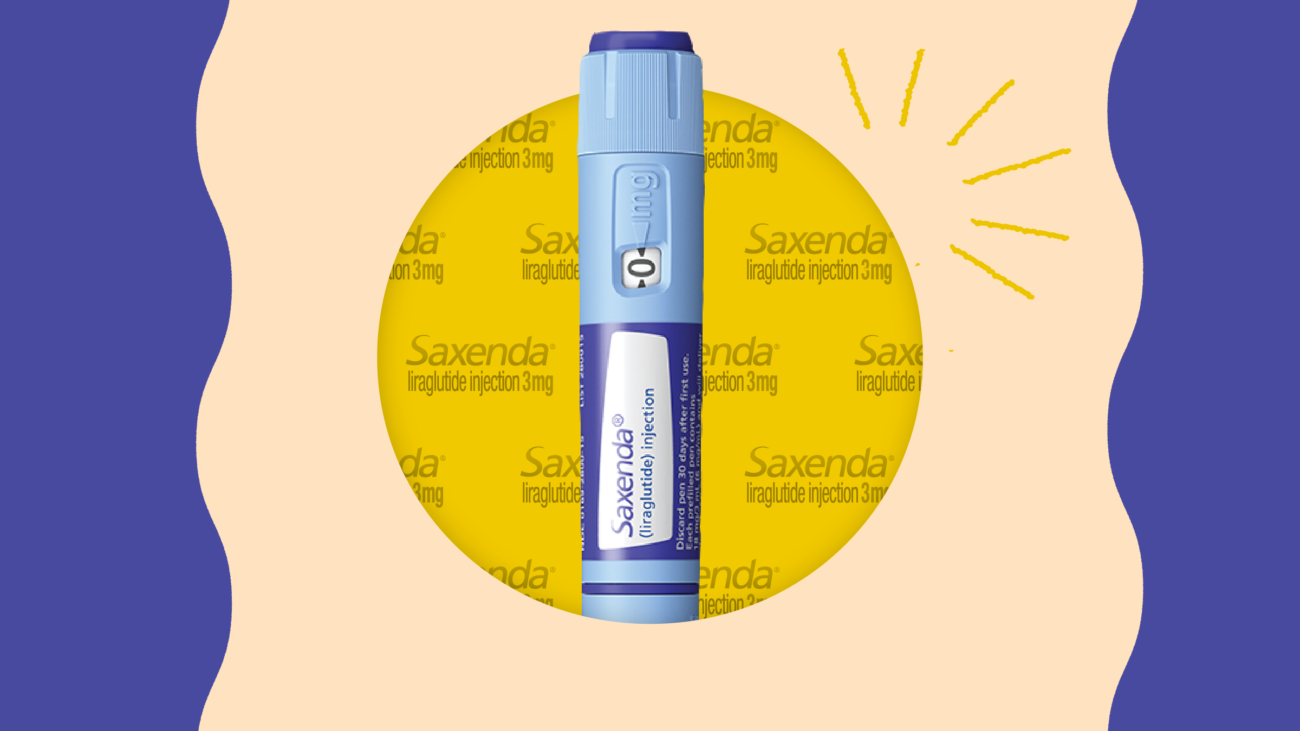When it comes to weight loss medications, the Saxenda cost is a crucial factor to consider. Saxenda is a prescription medication specifically designed to help with weight loss and weight management. However, before committing to it, it’s important to understand the full Saxenda cost and how you might budget for this expense.
What Is Saxenda?
Saxenda is an FDA-approved medication that is used for weight loss in adults who are overweight or obese. It contains liraglutide, which helps to regulate your appetite and reduce cravings, leading to effective weight loss when combined with a proper diet and exercise.
Factors That Influence Saxenda Cost
Several factors can influence the Saxenda cost you may encounter. Some of the key considerations include:
- Location and Pharmacy: Prices can vary between pharmacies and geographic locations.
- Insurance Coverage: Your insurance plan might cover a part of the cost, making it cheaper.
- Dosage Requirements: The dosage prescribed by your doctor also impacts the overall cost.
- Coupons and Discount Programs: Certain pharmacies or the manufacturer offer discounts that reduce the expense.
Average Saxenda Cost Without Insurance
The average Saxenda cost without insurance can range from $1,200 to $1,500 for a month’s supply. It’s important to note that prices may fluctuate depending on your location and pharmacy. Although the cost may seem high, many find it a worthwhile investment in their health due to Saxenda’s proven results in weight management.
Saxenda Cost with Insurance
The Saxenda cost with insurance coverage can be significantly lower, depending on your insurance provider and plan. Typically, patients report paying between $30 to $200 per month if their insurance covers the medication. If you’re uncertain whether Saxenda is covered by your insurance, contact your provider or pharmacy to check your benefits.

How to Reduce Saxenda Cost
If the Saxenda cost seems too high, there are several ways to potentially lower the price:
- Manufacturer Coupons: Check for coupons from the manufacturer’s website, which may offer discounts for first-time users.
- Patient Assistance Programs: Some companies provide assistance programs to help cover the medication cost for eligible patients.
- Pharmacy Discount Cards: Look for general discount cards or apps that provide reduced rates at pharmacies.
The Benefits of Saxenda for Weight Loss
Before committing to the Saxenda cost, it’s essential to understand what benefits you’re receiving. Saxenda is clinically proven to assist in weight loss by helping you control your appetite and reduce cravings. Many users report significant weight loss when the medication is paired with lifestyle changes, such as a healthy diet and regular exercise.
Is Saxenda Worth the Cost?
The question of whether Saxenda cost is justified depends on your health goals and budget. When other weight-loss methods haven’t been effective, Saxenda can be a valuable tool for long-term weight management. Many patients find that the investment in Saxenda pays off with the weight loss results they achieve.
Side Effects to Consider
Before deciding whether the Saxenda cost is worth it, be aware of the possible side effects, such as nausea, headaches, or dizziness. It’s vital to consult with your healthcare provider to see if Saxenda is a good fit for your specific needs and to discuss any potential side effects.
Alternative Weight Loss Medications
If the Saxenda cost is a concern, there are alternative medications available, including:
- Wegovy: Another liraglutide-based medication, Wegovy, may be more affordable depending on your insurance.
- Phentermine: A more budget-friendly option but with different side effects and usage criteria.
- Contrave: A combination of naltrexone and bupropion, suitable for individuals needing appetite suppression.
Comparing these options with the Saxenda cost and your weight loss goals will help determine the right choice for you.
Conclusion
When considering the Saxenda cost, it’s essential to weigh the expenses against the potential benefits. Saxenda has helped many individuals reach their weight loss goals, making it a worthwhile investment in their health and well-being.

